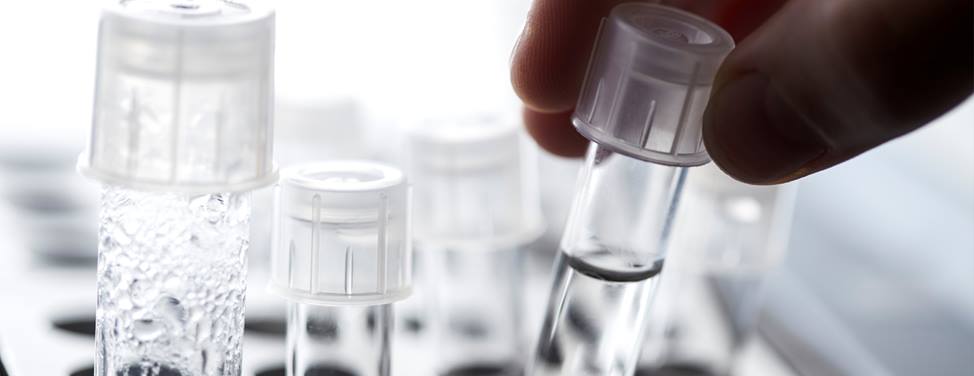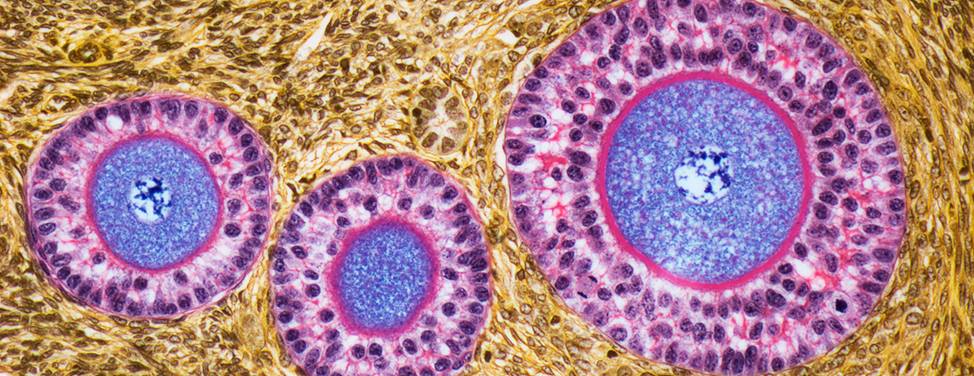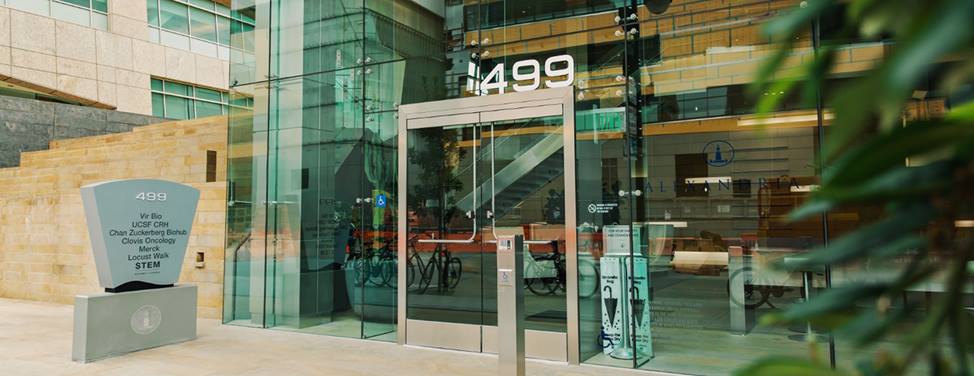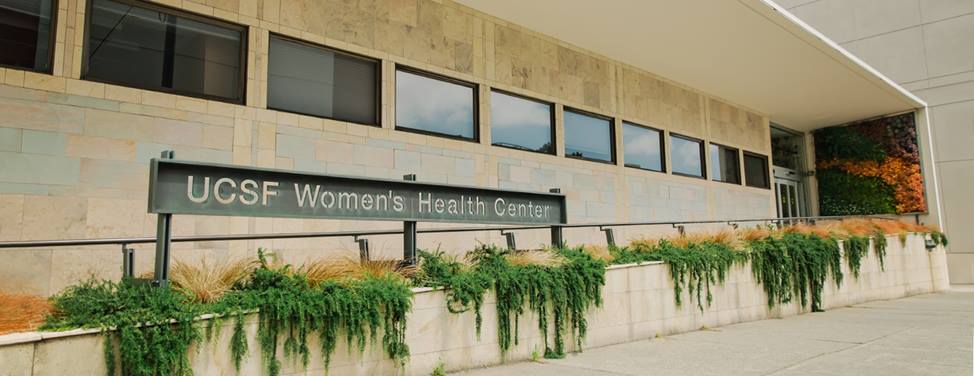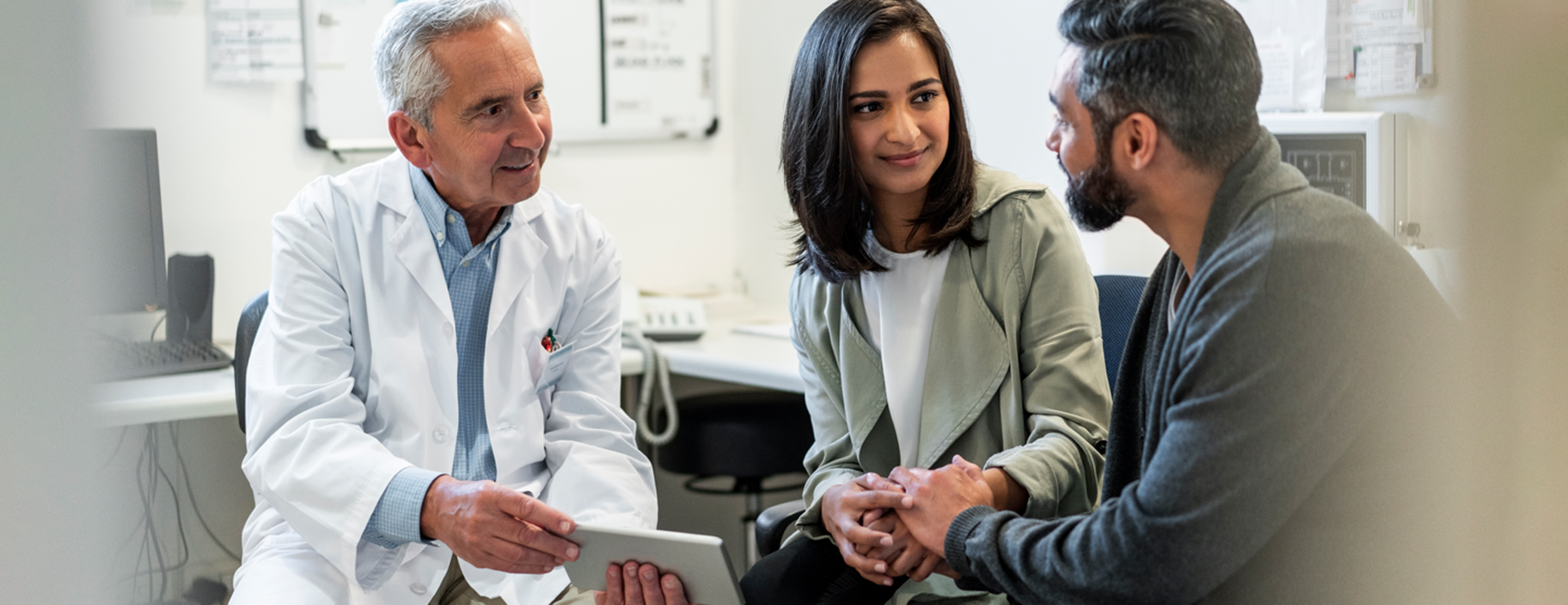
FAQ: Egg Donor Selection and Screening
- What kinds of donors are available?
- How does UCSF screen its in-house donors?
- What are the benefits of using UCSF's in-house donor pool?
- What about choosing a donor from an outside agency?
- What should I look for in a donor?
- Can we meet the donor?
- What if I have a known donor I'd like to work with?
- What are the legal implications?
What kinds of donors are available?
There are two basic types of egg donors:
Known donors – These are often sisters, but can also be cousins, nieces, friends and sometimes acquaintances. They may be paid or unpaid, but all known donors must pass minimum screening criteria.
Recruited donors – These are usually young women with excellent reproductive potential who are paid for their time and efforts. Recruited donors may be found through egg donor agencies or through the UCSF Center for Reproductive Health in-house donor pool.
How does UCSF screen its in-house donors?
We have a highly selective and comprehensive screening process. Prospective donors complete a detailed questionnaire that's reviewed by our team. Those who meet specific criteria will be invited to complete the additional screening, which involves meetings with our coordinator, a reproductive endocrinologist, a psychologist and a genetic counselor.
The reproductive endocrinologist screens the donor from a medical perspective, while our psychologist screens the donor from the psychological perspective. Our board-certified genetic counselor screens for a family history of birth defects or hereditary diseases by taking a comprehensive family history. You may request a report of the findings and the family tree.
The prospective donor also undergoes a physical exam, cultures and blood test to rule out infectious diseases such as HIV, hepatitis B, hepatitis C, gonorrhea and chlamydia. In addition, our donors are tested for their blood type and are screened for cystic fibrosis and inherited disorders related to hemoglobin, such as sickle cell anemia or thalassemia, depending on ethnicity.
In most cases, donors become available only after their screening is complete and they are designated eligible according to all our guidelines. In recruiting and screening donors, we adhere to guidelines from the American Society for Reproductive Medicine, the U.S. Food and Drug administration and to our own institutional ethics board.
What are the benefits of using UCSF's in-house donor pool?
There are several benefits. Because of our comprehensive screening process, you're unlikely to experience the disappointment of carefully choosing a donor from an agency only to find out they're ineligible once they're medically screened. You will work with just one center during the ovum donation process. Finally, using a donor from our pool is often less expensive than working with an agency because there are no extra agency fees.
What about choosing a donor from an outside agency?
We also work with many outside ovum donor agencies. Outside agencies recruit and partially screen donors. The agency then assists couples in identifying possible donor matches from within their pool. We're happy to help coordinate a donor ovum cycle with a donor from an outside agency.
One benefit of using an outside agency is the overall larger pool to choose from. Because there are many agencies in the Bay Area, couples may have an easier time finding donors who meet their own specific criteria by working with an agency.
If you're interested in using an outside donor agency, we will provide you with a list of local agencies. We recommend that you ask about their recruitment and screening policies and procedures directly. Donors from outside agencies must have a mental health screening arranged through the agency and must meet specific criteria for eligibility, such as recent infectious disease screening, to proceed with a cycle within our center. Once selected, the donor will be examined by our doctors in our office before cycle planning.
What should I look for in a donor?
To maximize the likelihood of success, we recommend a donor under age 35. Most egg donors are between the ages 21 and 30. Other factors that increase the chances of success are having previously carried a pregnancy to term, or having previously completed an ovum donor cycle with good results.
Other factors that many patients consider are physical characteristics, ethnic background, family medical history, educational background and personality characteristics. Our whole team can help you with any questions you have about the selection process.
Yes. Donors recruited from the community are often willing to meet the recipients if the recipients want to meet them. Usually this meeting is arranged without exchanging identifying information like last names, addresses or telephone numbers, to preserve anonymity. If you'd like, the meeting can be held in our offices with the assistance of our psychologist. If you use a donor from an agency, the agency can also assist in arranging a meeting.
What if I have a known donor I'd like to work with?
The first step is to discuss your known donor with your reproductive endocrinologist. He or she will help determine if this person is a good candidate. Known donors are usually younger than 35 years old, in good health and have a healthy family background.
What are the legal implications?
Your donor will sign a consent form in which she relinquishes all rights and responsibilities regarding her donated eggs. In California, the woman who delivers the baby is the legal mother except in pre-arranged gestational carrier agreements. For women using egg donation to conceive, there's no need to file any legal documents to establish the parentage of the child.
Laws regarding the use of donor eggs vary in different states and countries. We can provide legal assistance resources if desired.
UCSF Health medical specialists have reviewed this information. It is for educational purposes only and is not intended to replace the advice of your doctor or other health care provider. We encourage you to discuss any questions or concerns you may have with your provider.








